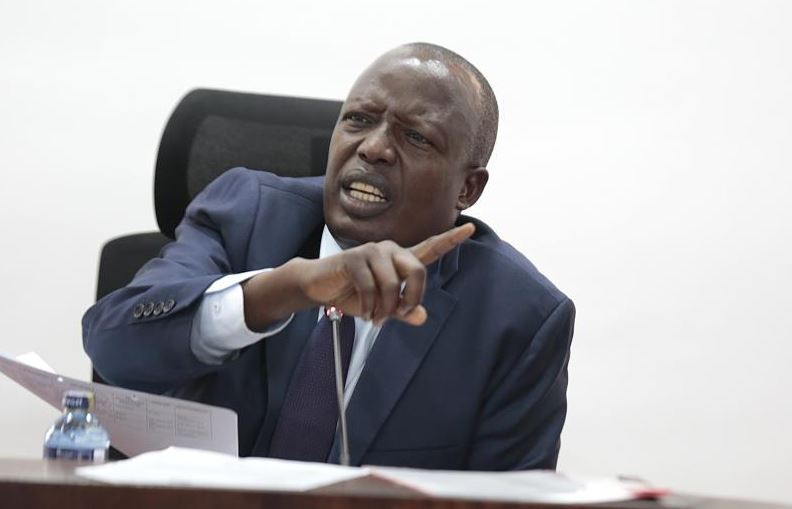
The Kenya University Staff Union (Kusu), Moi University Chapter, has sought the intervention of the National Assembly Committee on Education to resolve longstanding welfare and governance issues at the institution.
Union officials met the committee led by Tinderet MP Julius Melly where they presented a petition, and expressed optimism that Parliament would compel the university’s management to uphold the rule of law and deliver justice to its employees.
Kusu, led by Secretary Mary Chepkemoi, said the employees have endured over a decade of what they termed as mental, social and economic anguish over issues not of their making.
“The union makes this petition to the committee before the university council and management embark on the route of redundancy as the last resort,” the petition states.
The union also called for the implementation of a previous directive from the Parliamentary Investment Committee (PIC) to conduct a forensic audit, which they believe will help identify the root cause of the university’s financial woes.
Documents tabled before the committee show that, as of June 2022, pending recoveries stood at Sh8.6 billion.
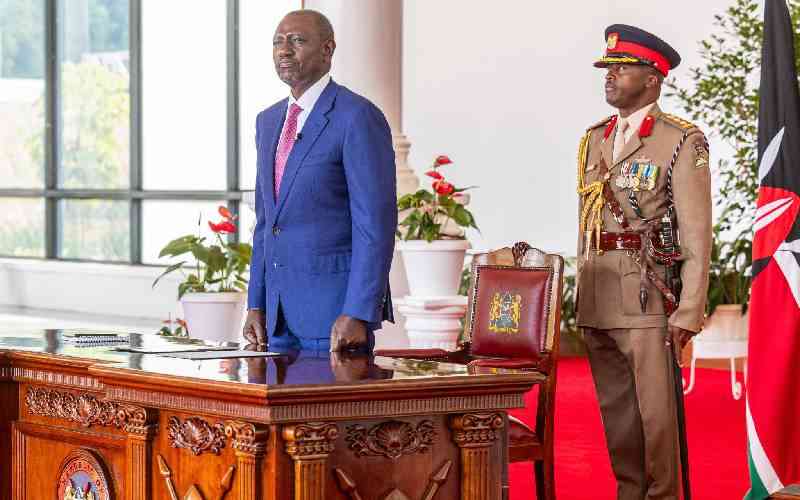
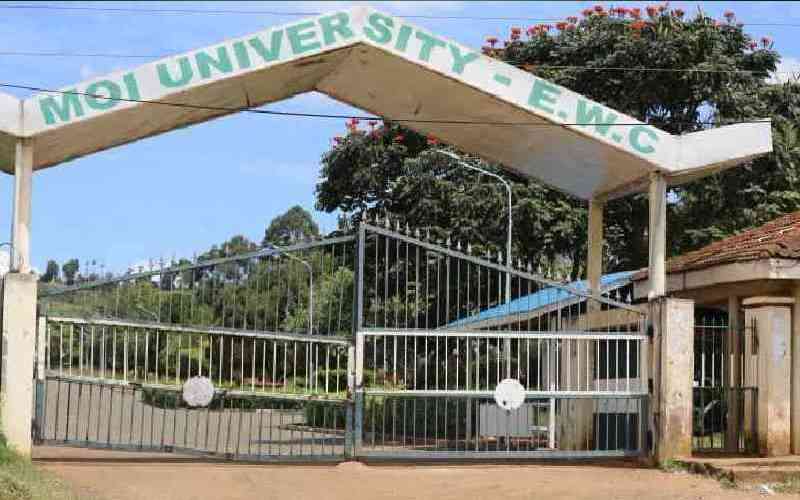
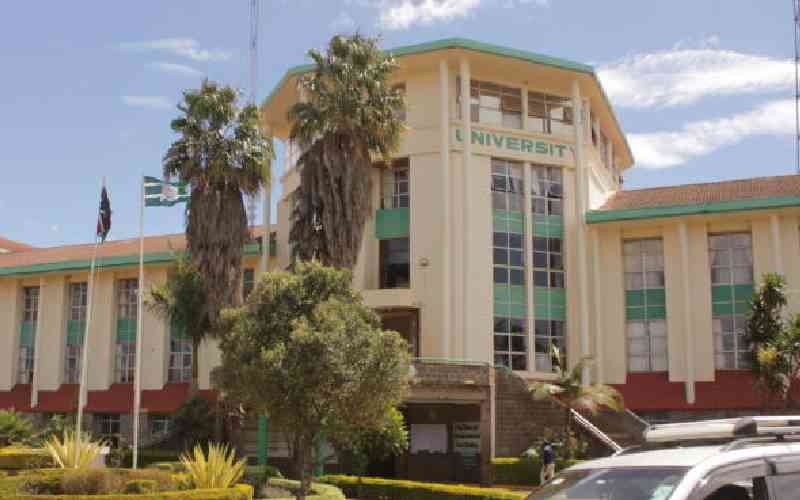
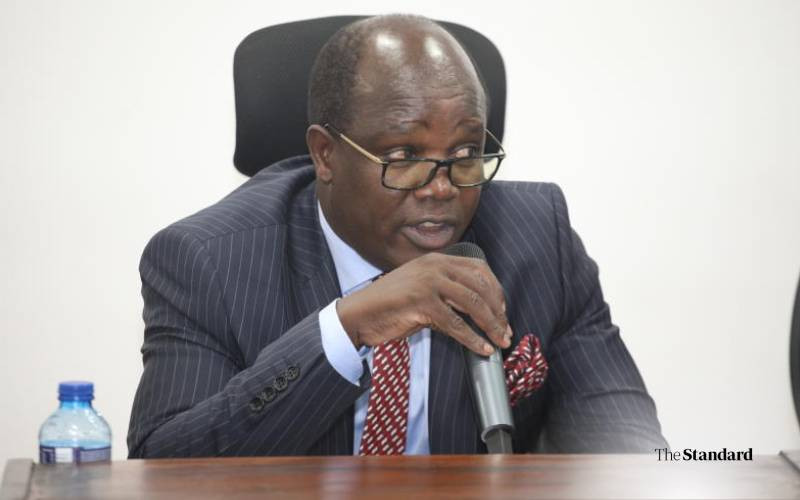
This figure has reportedly increased, with the union arguing that the ballooning debt has eroded staff morale and placed their long-term financial wellbeing at risk.
Declaring redundancies, they argued, would be premature before establishing whether government allocations and internally generated resources had been used prudently.
Also in the petition, the union urged implementation of recommendations made by the Education Committee during its fact-finding mission at the institution, which included avoiding consultancy expenses and instead engaging the Public Service Commission (PSC).
“Paying the consultant from 2022 to date is not prudent use of public money. The engagement of the consultant for that long period of time without time frame is also questionable, therefore we request the committee to look into it considering changes with time versus the decision that have superseded their advisory,” the union stated.
Kusu further claimed that the university has never produced accurate data to support fair and informed decision-making. For instance, the management is allegedly unable to provide an authoritative student count due to reliance on an unreliable system.
“This should be looked into by this committee to ascertain its procurement processes, reliability and stability in terms of supporting the effectiveness and efficiency of the university processes. To streamline actual payroll expenditure, the union recommended a data clean-up exercise, citing discrepancies in staff records.
“This was evident during the recent issuance of termination notices, which were sent to staff who had already retired, resigned, been terminated or were deceased. This shows the current management system cannot be relied upon for critical decisions,” the union stated.
Other concerns raised include the university’s monthly operational expenses. Kusu argued that attention has been disproportionately focused on payroll costs, with little scrutiny of operations and maintenance budgets that could reveal inefficiencies in resource allocation.
They also recommended a review of students’ programme costs and compared with similar institutions.
Stay informed. Subscribe to our newsletter
Committee chair Julius Melly said Parliament would examine the issues raised, which span staff redundancies, financial management, and persistent human resource challenges.
“This Committee has taken a keen interest in resolving the issues affecting universities. We are particularly keen on supporting Moi University to ensure it can sustain itself and its staff,” Melly said.
Kusu also highlighted staffing shortages, noting that departments such as finance, laboratories, and administration now operate with either one officer or none at all, affecting essential university functions.
The committee cautioned that redundancy should not be weaponised to punish or discriminate against employees, emphasising that the welfare of staff underpins academic excellence.
The union also decried the institution’s failure to remit third-party payroll deductions — including pension contributions, SACCO loan repayments, insurance premiums and welfare funds — since 2018. These delays, they said, have subjected staff to financial hardship, credit blacklisting, and legal action from lenders.